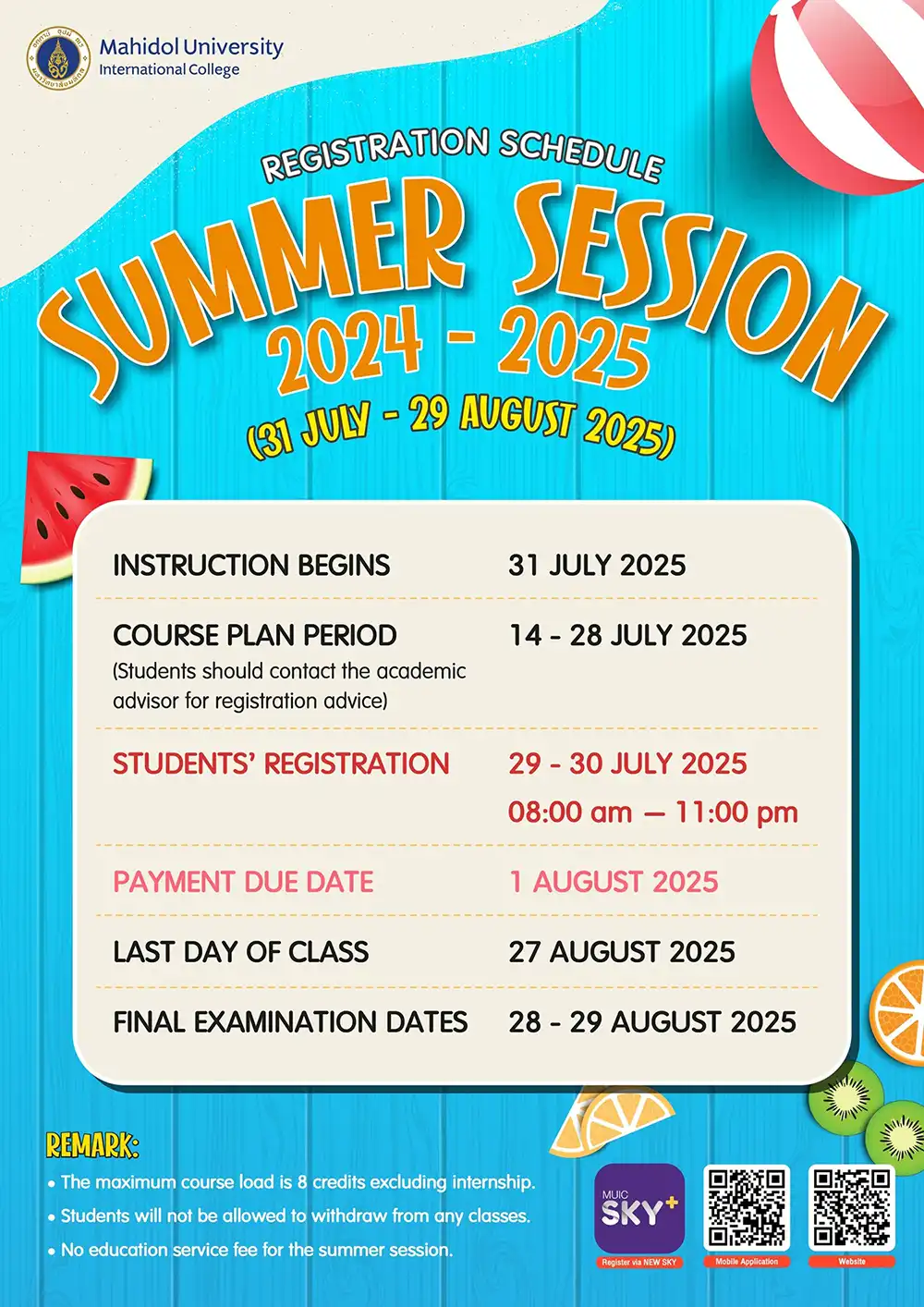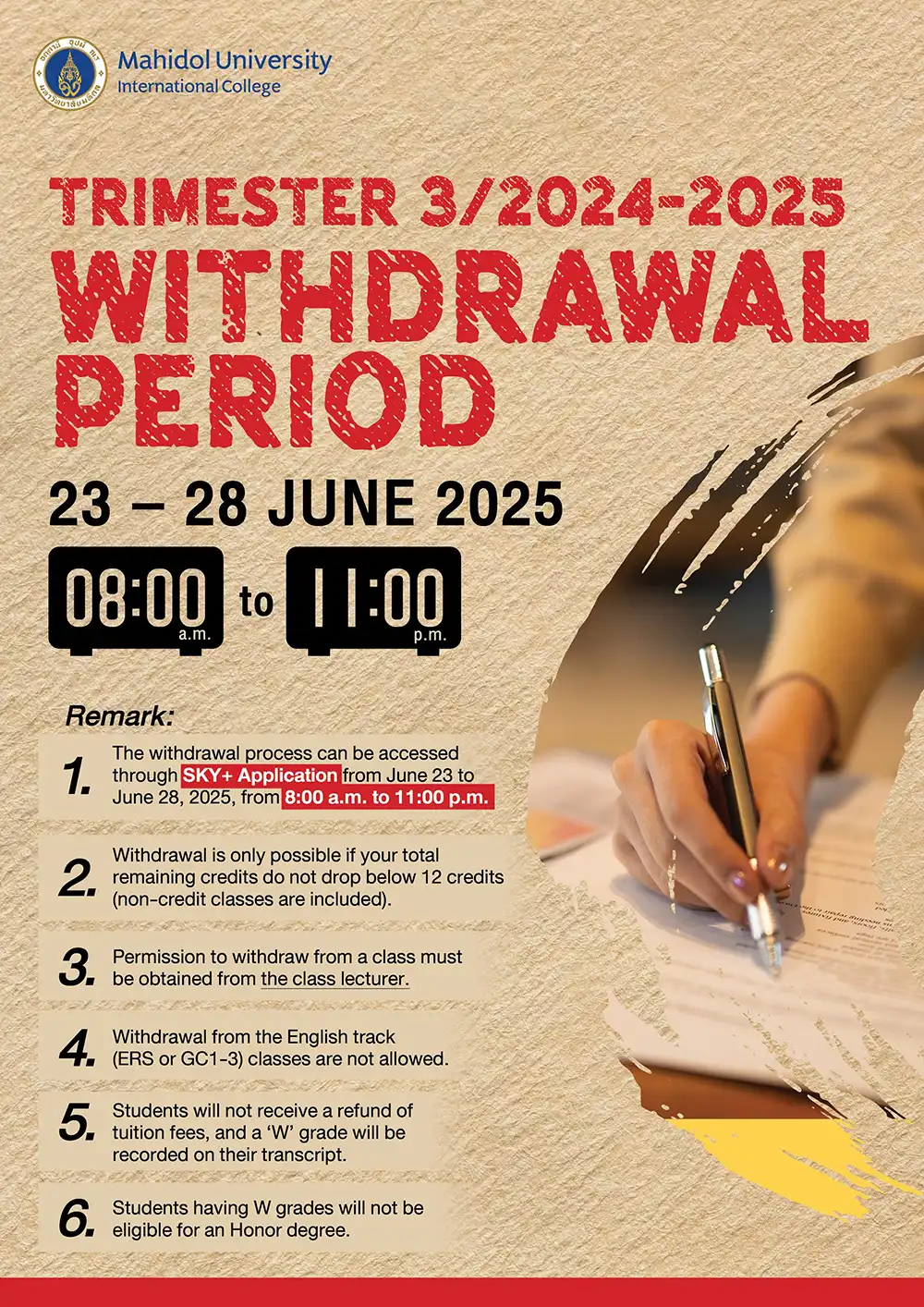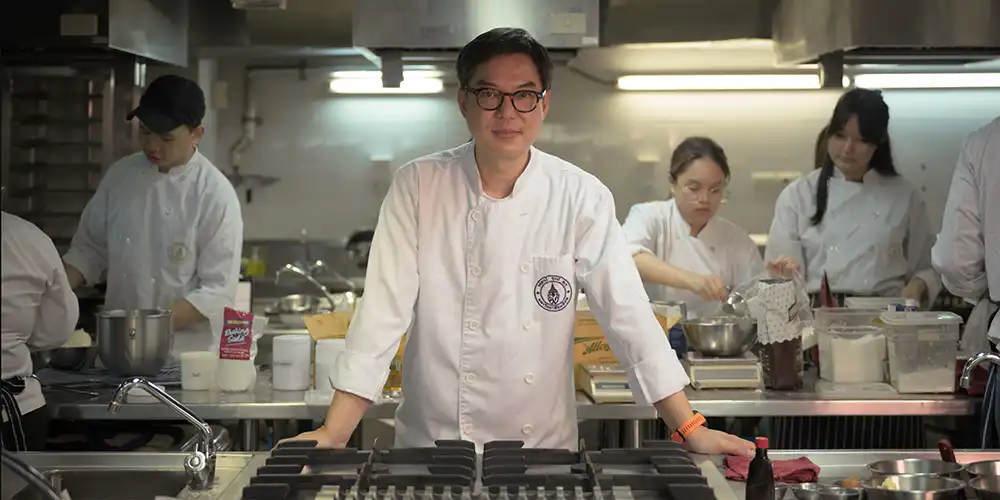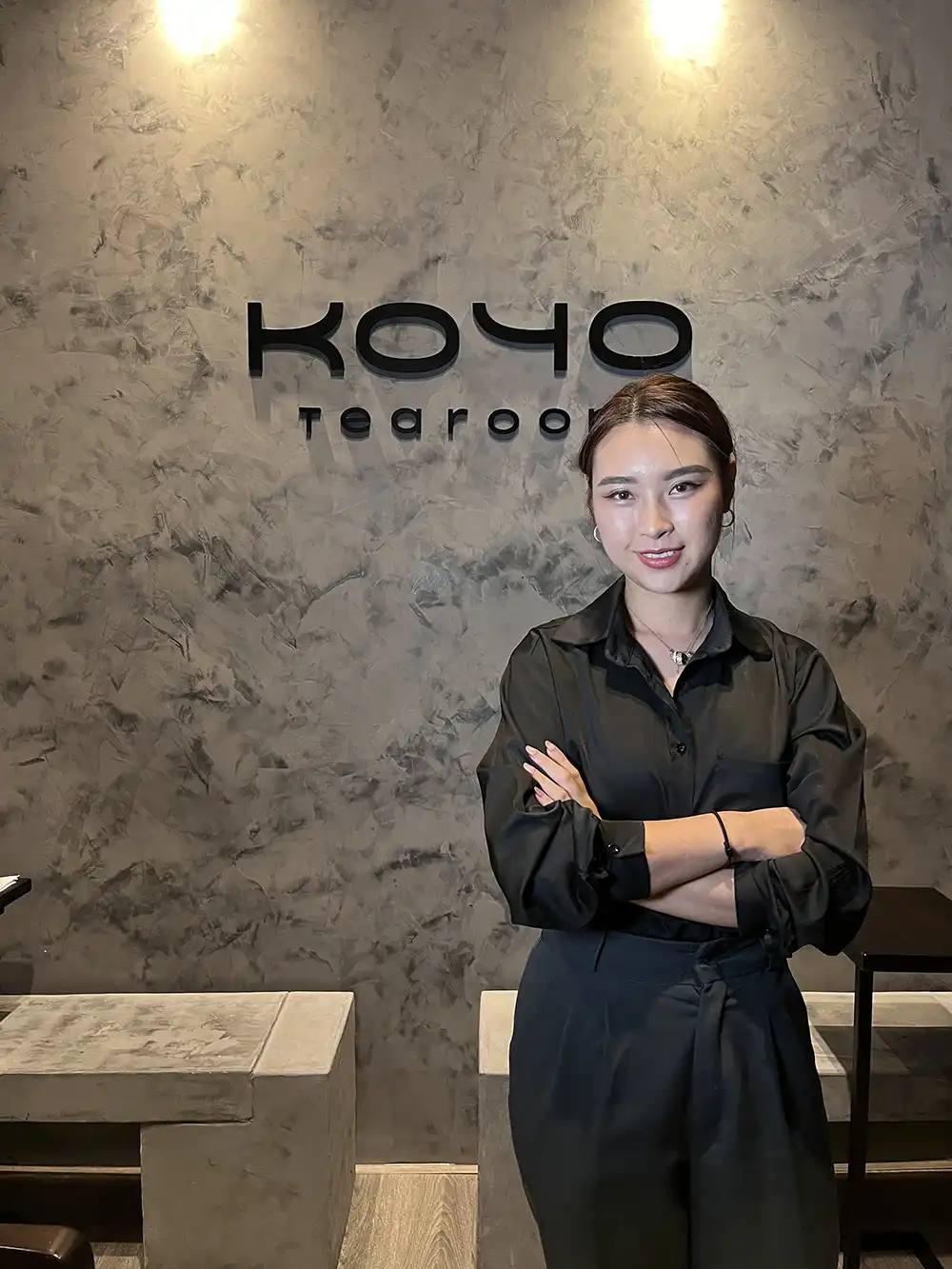“What’s Cooking?”
3 Qualities of a Successful Chef
July 13, 2023
2023-07-20 8:12
“What’s Cooking?”<br>3 Qualities of a Successful Chef
3 Qualities of a Successful Chef
What does it take to be a successful chef? We asked Dr. Rangson Chirakranont, a faculty member who teaches in the Travel and Service Business Entrepreneurship Program, about his thoughts on this topic.
Ajarn Rangson holds a degree in Culinary Arts from Johnson and Wales University in the US. He has spent over 10 years working in kitchens where he gained extensive experience in different culinary styles and techniques including traditional and fusion styles. “I have had the privilege of working in various organizations, primarily renowned 5-star hotels,” he said.
He has been with MUIC for the past 13 years teaching several food-related courses such as culinary management, baking and pastry, and food and beverage management.
“Being a successful chef requires more than just cooking tasty foods,” Ajarn Rangson said. “To be a quality chef, I would suggest three essential qualities one must possess as follows: culinary skills, creative and innovative mindsets, and problem-solving skills.”
3 Qualities of a Successful Chef
- Culinary Skills
“These are a combination of a wide range of techniques, including food preparation, cooking methods, and an understanding of ingredient and flavor profiles. Food preparation involves knife skills and cutting techniques that are essential in creating visually appealing dishes. By mastering various cooking techniques such as dry, moist, and combination methods, you can create a variety of menus and develop recipes. Understanding ingredient and flavor profiles is crucial in matching different ingredients in a dish. Precise matching can enhance the taste of the food significantly. With strong culinary skills, you can create numerous attractive dishes that can impress everyone.”
- A Creative and Innovative Mindset
“This is essential in the food service industry where customers seek novel food experiences. Chefs can use their creativity and innovation to develop recipes with new ingredients that respond to this need. Combining flavors and nutrients in a new dish using creative and innovative methods can differentiate you from others. Moreover, these mindsets can also be adapted to plate presentation in an aesthetic setting, which can significantly enhance the overall customer dining experience.”
- Problem-solving Skills
“Working in the kitchen and food service industry, unexpected circumstances can occur frequently. For example, a guest may order a dish that is not on the menu, and you don’t want to disappoint them. In such situations, possessing strong problem-solving skills can make all the difference. By efficiently using culinary resources and creative solutions, you can smoothly navigate through the problem and come up with a satisfactory solution.”
And there you have it! Here’s hoping that what Ajarn Rangson has shared will inspire and encourage young students in pursuing a successful career in the culinary industry.
____________________
If you’re dreaming of someday becoming a chef or working in the culinary and restaurant industry, then you should enroll in the Travel and Service Business Entrepreneurship Program of MUIC. For more details, please click here: https://muic.mahidol.ac.th/eng/programs/undergraduate-programs/travel-and-service-business-entrepreneurship/major-in-travel-and-service-business-entrepreneurship/












